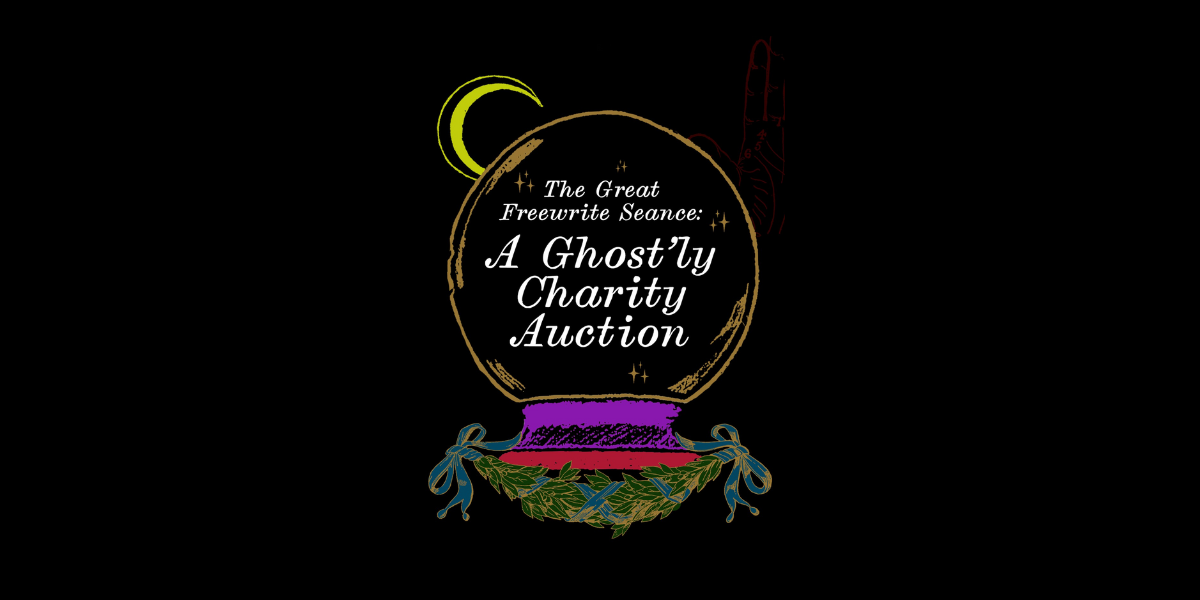As storytellers, we become very aware of certain buzzwords as they tend to be threaded into most writing articles, workshops, and how-to books. Show don’t tell, tension, conflict, backstory…these are all important concepts that come up again and again because they don’t belong in one box labelled “Plot” or “Character.” Of these buzzwords, one stands above the rest: emotion.
Emotion is the powerful current that flows through every part of our story, from the plot and characters to the setting, pacing, theme…and beyond. It touches everything, giving all layers of our story a deeper meaning, and most importantly of all, it connects readers to our characters via empathy. If we can’t create that empathy link where readers feel emotionally invested in what’s happening, the book will close and the reader will move on. So learning how to write emotion well is probably our top job as writers.

The key to empathy is really very simple: draw from the real world in a way that creates an instant (and powerful) sense of emotional recognition. In other words, write about things that are true to life and important to readers. Things they themselves have experienced and felt. In this way, we can encourage “shared experiences” where the reader isn’t just following along, but actively engaging to the point where they feel something deep and meaningful themselves.
There are many ways to sharpen the emotional impact of a scene. Here’s one that is often overlooked.
Emotions In Conflict
If there’s one thing we know about the real world, it is that life is never simple, and this trickles right down to our basic emotions. Life would be so much easier if we could always define exactly what we feel in every moment, and be able to act on these emotions. The thing is, often we can’t because we are feeling several things at once, and of these, some are in conflict. Let’s look at a familiar scenario for writers:
You’ve worked like crazy to hone your craft. You’ve read novels by the bookcase, put hundreds of hours in front of the keyboard, taken workshops, joined critique groups, studied and queried, and finally…you’ve sold your first book! All the hard work and the heartache along the way was worth it: a contract, an advance, a release date. Huzzah!
You should feel ecstatic at attaining your goal, right? Yeah…no.
Instead, you feel a mixture of joy, pride, vindication, worry, doubt, and fear.
Why? Because while your passion and dedication paid off, now you’re faced with what’s next: a contract means expectations, responsibilities, and deadlines. What if you blow the edits? What if the book fails to sell well? What if you screw up the follow-up book your publisher also contracted?Suddenly this crowning achievement also becomes a trip into the deepest reaches of your insecurity as you question whether you’re ready for the stress and pressure of the task ahead.
Conflicting emotions are part of our every day, making them part of the reader’s every day, too. During any emotional moment, we feel a range of things. And yet often in fiction, the emotional experience we deliver is one-note, a single emotion. We describe the character as being happy though body language, internal sensations, dialogue, and POV thoughts. Or, if we provide an emotional range, it is a complementary one, where we show a character happy and grateful and peaceful all rolled into one.
Emotional experiences are usually complex, and contain both positive and negative elements.
A character buying their first car is probably almost jittery-excited to drive it off the lot so they can cruise by their friend’s house and show it off. But if we dig deeper, maybe instead of going full-out, pedal to the floor, they’re driving a bit more cautiously. Why? Because getting into an accident isn’t an option. They extended themselves all the way to buy this car and can’t afford to replace it. In fact, maybe the euphoric rush of this new radical ride dims a little as they start to worry about how to afford the payments. The character doesn’t always get along with his boss, and while he gripes about work (what twenty-something doesn’t?) now maybe he has a bit of newfound gratitude toward his employer. The character realizes he’s lucky to have the job, and maybe he should put in more effort to make sure he keeps it.
Like this situation, emotions affect thought and action.When conflicting emotions are involved, it creates a mesmerizing push-and pull effect that readers latch onto because they know exactly what it’s like to feel opposing things and the dilemmas that sometimes result.
Your Turn!
The next time you sit down to write the emotional progression of a scene, challenge yourself to include some of the other emotions bubbling beneath the surface. Showing a few hints of conflicting behavior (such as wanting to let ‘er rip to see what a new car is capable of but driving sensibly instead) can be a natural gateway allowing you to introduce opposing emotions to readers.
Angela Ackerman is a writing coach, international speaker, and co-author of five bestselling books including, The Emotion Thesaurus: A Writer’s Guide to Character Expression. Her popular guides are available in six languages, are sourced by US universities, and are used by novelists, screenwriters, editors, and psychologists around the world.
Angela is also the co-founder of the popular site Writers Helping Writers, as well as One Stop for Writers, an innovative online library filled with tools and resources to help writers elevate their storytelling. She would love you to visit sometime, and registration is always free.






























